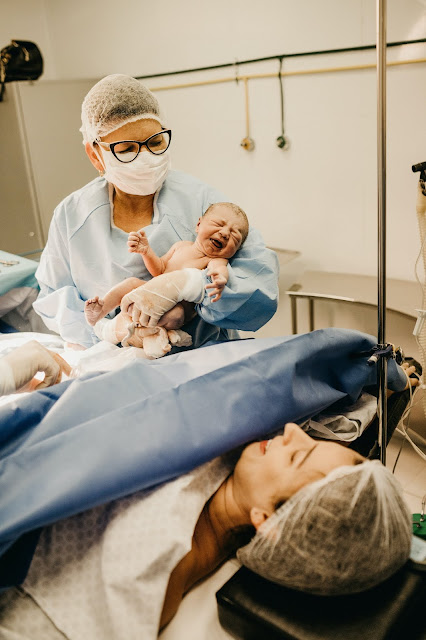What is Preeclampsia?
Preeclampsia is a condition during pregnancy characterized by high blood pressure and protein in the urine(proteinuria).
Preeclampsia usually occurs after the second trimester of pregnancy(after 20 weeks of pregnancy). But in rare cases it occurs in early pregnancy or after delivery of the fetus.
Gestational Hypertension is diagnosed when the mother's blood pressure exceeds 140/90 mmHg for the first time after mid-pregnancy, but in whom proteinuria is not identified.
What Are The Causes of Preeclampsia?
There are no yet identified causes of preeclampsia, but there are believed to be some imposing mechanisms. Those include:
- Placental implantation with an abnormal trophoblastic invasion of uterine vessels.
- Immunological maladaptive tolerance between maternal, paternal(placental, and fetal tissues
- Maternal maladaptation to cardiovascular or inflammatory changes to normal pregnancy.
- Genetic factors including inherited predisposing genes and epigenetic influences.
The risk factors that increase the chances of having preeclampsia include:
- being pregnant with multiple fetuses
- being over the age of 35
- being in your early teens
- being pregnant for the first time
- being obese
- having a history of high blood pressure
- having a history of diabetes
- having a history of a kidney disorder
Symptoms and Signs of Preeclampsia
Some common symptoms of preeclampsia include:
- Global type of headache
- Epigastric pain
- Swelling of face and extremities
- Blurring of vision
- Nausea and Vomiting
- Sudden weight gain
Signs Of Preeclampsia:
- High blood pressure: >140/90mmHg after 20 weeks of gestation).
- Proteinuria(24 hours of urine protein >300mg, protein, creatinine ratio >0.3, +1 in random urine samples)
Complications of Preeclampsia
Preeclampsia could be very dangerous for both the baby and the mother. Complications can include:
- bleeding problems due to low platelet levels
- placental abruption (breaking away of the placenta from the uterine wall)
- damage to the liver
- kidney failure
- pulmonary edema
The best way to treat preeclampsia is to during pregnancy is to deliver the baby.
Delivering The Baby
If the pregnancy is at 37 or more weeks of gestation we induce labor and deliver the baby.
Delivering the baby should cure preeclampsia.
Other Treatment Options
Antihypertensive Therapy: The use of antihypertensive drugs to prolong pregnancy or modify perinatal outcomes has very good results.
We may also give anticonvulsive drugs to prevent eclampsia.
We have to monitor the patient very closely at the hospital if admitted. Monitoring the patient includes:
- Fetal heartbeat
- Urine output
- Look for Seizures
- Fetal Kicks
- Any abdominal pain
For more information on Preeclampsia
Other Gynecology conditions:




nice work
ReplyDeleteADSENSE ALTERNATIVE GET ADS FOR YOUR BLOG AND START EARNIG